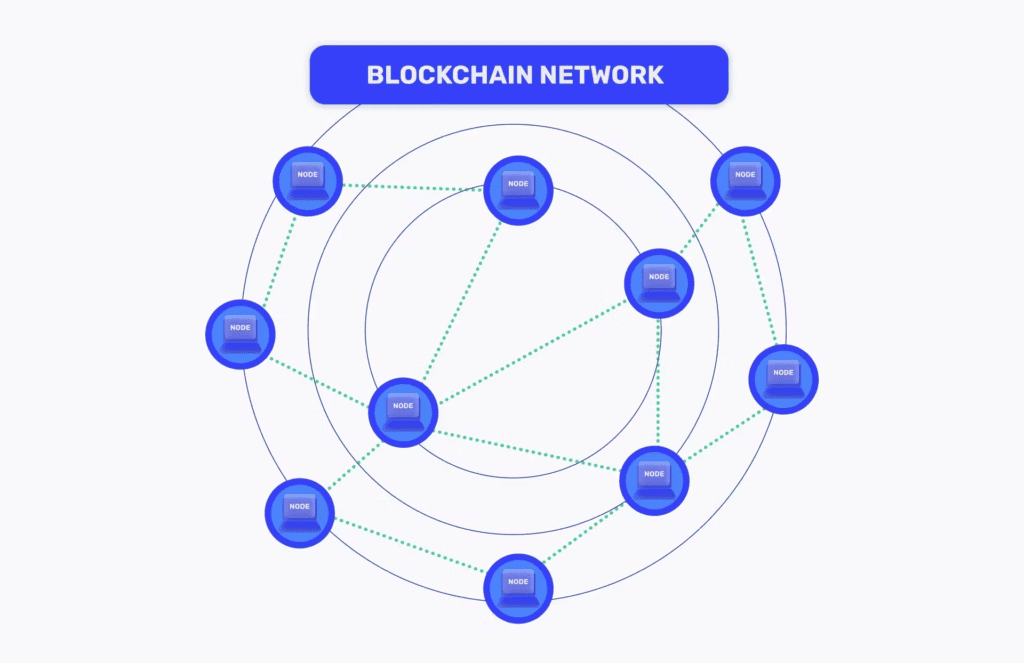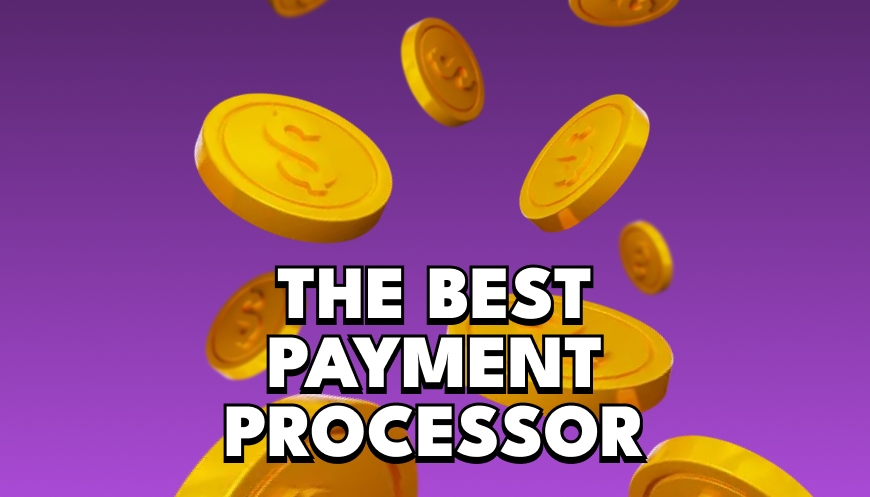Using Crypto Casino Scripts: 3rd Party Crypto Processors vs. Local Nodes
Introduction
The world of online gambling has evolved rapidly with the advent of blockchain technology, bringing forth a new era of crypto casinos. These platforms allow players to gamble using cryptocurrencies like Bitcoin, Ethereum, and others, providing a decentralized and often anonymous alternative to traditional online casinos. At the heart of these operations lies the technology that powers crypto transactions—crypto casino scripts. These scripts manage everything from game logic to payment processing.
When setting up a crypto casino, one of the key decisions to make is how to handle cryptocurrency payments. Two primary options are available: using third-party crypto processors or setting up local nodes. Each option has its own set of advantages and challenges. In this blog post, we’ll delve into the pros and cons of both methods, and how crypto casino scripts can optimize payment processing.

Using 3rd Party Crypto Processors
Advantages of 3rd Party Crypto Processors
One of the most significant benefits of using third-party crypto processors is convenience. These services manage the complexities of cryptocurrency transactions, from converting crypto to fiat currencies to handling the intricacies of blockchain confirmations. This allows casino operators to focus on running their business without getting bogged down by the technical aspects of crypto transactions.
Additionally, third-party processors often offer enhanced security features, including fraud detection, anti-money laundering (AML) compliance, and multi-signature wallets. These features help protect both the casino and its players from potential risks associated with cryptocurrency transactions.
Integration is another strong suit of third-party processors. Most of these services come with easy-to-use APIs or plugins that can be quickly integrated into existing casino platforms. This reduces the development time and effort required, making it possible to get a crypto casino up and running more swiftly.
Lastly, third-party processors usually support a wide range of cryptocurrencies, allowing casinos to offer more options to their players. This flexibility can attract a broader audience, as players prefer to use their favored digital assets.
Disadvantages of 3rd Party Crypto Processors
However, the convenience of third-party crypto processors comes with some drawbacks. The most significant issue is the cost. These services typically charge transaction fees that can eat into the casino’s profits. Depending on the volume of transactions, these fees can accumulate, making this option more expensive in the long run.
Another downside is the reliance on external services. If a third-party processor experiences downtime or technical issues, it can directly impact the casino’s operations. Moreover, there is always a risk of changes in the service provider’s policies, which could affect the casino’s business model or require costly adjustments.
Privacy is another concern. Since third-party processors handle transactions, they have access to sensitive information about both the casino and its players. While reputable processors have robust security measures, entrusting a third party with this data introduces a potential vulnerability.
Lastly, regulatory compliance can be a double-edged sword. While third-party processors often handle compliance issues, they may also be subject to regulations that could limit the casino’s operations, especially in jurisdictions with strict gambling or financial laws.

Utilizing Local Nodes for Crypto Payments
Benefits of Using Local Nodes
Operating a local node offers a more decentralized approach to handling crypto payments. By running their own nodes, crypto casinos can process transactions directly on the blockchain, eliminating the need for third-party intermediaries. This autonomy can lead to lower transaction costs, as there are no middlemen taking a cut of each transaction.
With local nodes, casinos have full control over their transactions and data. This control not only enhances security but also ensures that the casino remains fully compliant with its own privacy policies, without the need to rely on external entities. This can be particularly beneficial in maintaining the trust of privacy-conscious players.
Another significant advantage is the potential for faster transaction processing. By directly connecting to the blockchain, casinos can optimize the way transactions are handled, potentially reducing the time it takes for payments to be confirmed. This can lead to a smoother user experience, which is crucial in the competitive online gambling market.
Running local nodes also allows casinos to support a broader range of customizations and features. For instance, they can implement unique transaction models, loyalty rewards, or other incentives that might not be possible with a third-party processor. This flexibility can help casinos stand out in a crowded market.
Challenges of Using Local Nodes
Despite the advantages, running local nodes comes with its own set of challenges. The first and most obvious is the technical complexity involved. Setting up and maintaining a local node requires a deep understanding of blockchain technology, as well as the resources to ensure that the node operates smoothly 24/7. This can be a significant barrier for smaller operations or those without a strong technical team.
Another challenge is the upfront cost. While local nodes might save money in the long run by eliminating transaction fees, the initial investment in hardware, software, and skilled personnel can be substantial. For new or smaller casinos, these costs might be prohibitive.
Security is another concern, albeit different from that of third-party processors. Running a local node makes the casino a direct participant in the blockchain network, which can make it a target for attacks. Ensuring that the node is secure against potential threats requires constant vigilance and often, additional security measures.
Lastly, regulatory compliance remains an issue, albeit in a different form. While local nodes offer more privacy, they can also make it more challenging to comply with AML and Know Your Customer (KYC) regulations. Casinos must ensure that their use of local nodes doesn’t put them at odds with legal requirements, which can vary significantly across different jurisdictions.

Optimizing Payment Processing with Crypto Casino Scripts
Crypto casino scripts play a crucial role in managing the balance between convenience, cost, and security in payment processing. By integrating these scripts with either third-party processors or local nodes, casinos can tailor their payment systems to best fit their needs.
For casinos using third-party processors, scripts can automate many aspects of payment handling, including currency conversions, transaction tracking, and reporting. This reduces the administrative burden and allows the casino to operate more efficiently.
For those utilizing local nodes, crypto casino scripts can be designed to optimize transaction processing, manage network connections, and ensure compliance with relevant regulations. By customizing these scripts, casinos can fine-tune their operations to maximize performance while minimizing risks.
In both cases, choosing the right crypto casino script can make a significant difference in the casino’s overall performance. A well-designed script will not only enhance the user experience but also provide the flexibility needed to adapt to changing market conditions and regulatory landscapes.
Conclusion
Choosing between third-party crypto processors and local nodes is a critical decision for any crypto casino. Each option offers distinct advantages and challenges, from the convenience and security of third-party processors to the autonomy and cost-effectiveness of local nodes. By carefully considering these factors and leveraging the power of crypto casino scripts, casino operators can optimize their payment systems, providing a seamless and secure experience for their players.

